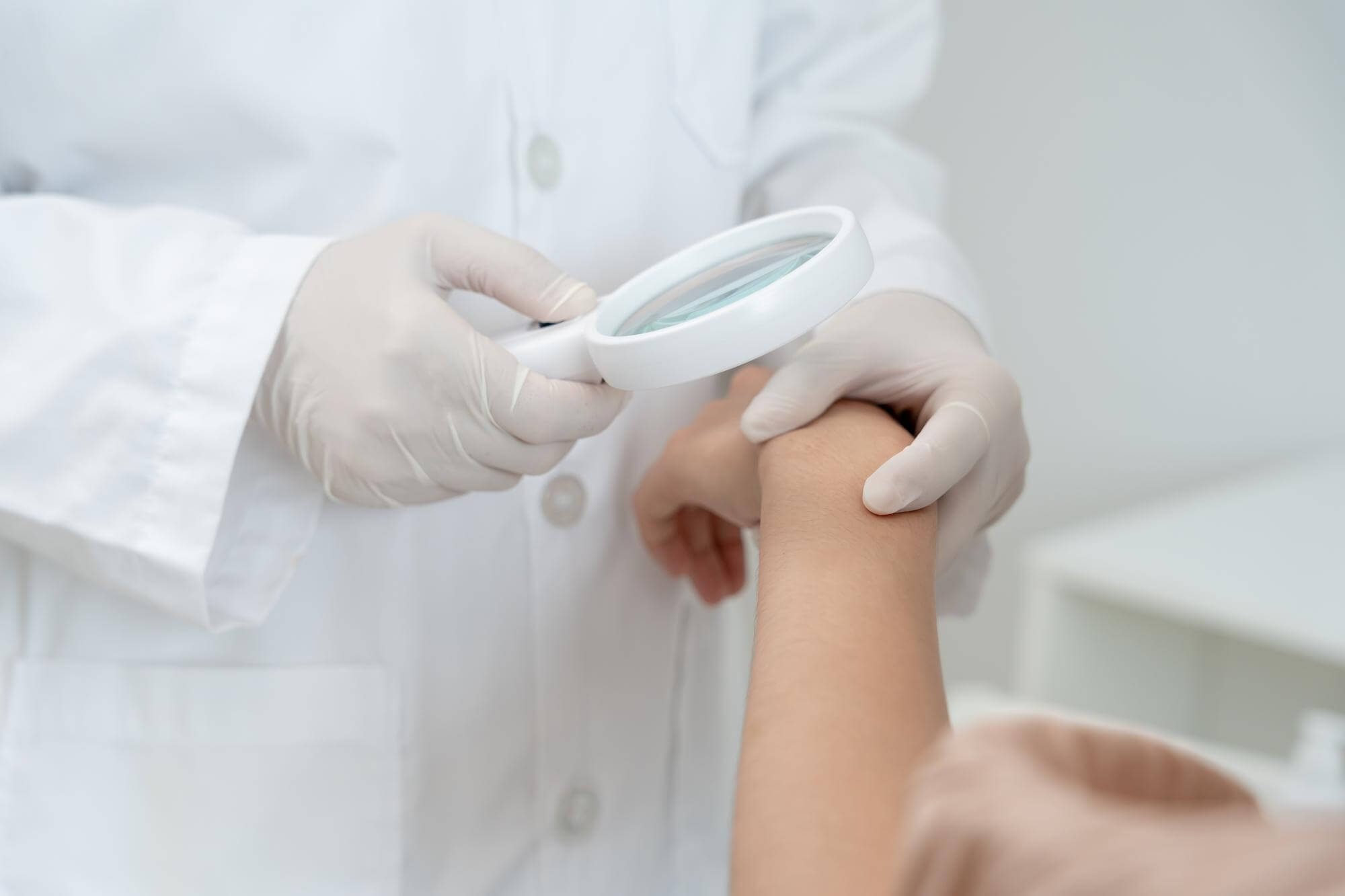Sweet allergy: causes and ways to solve the problem


Irina Makarova
A sweet allergy is an immune response of the body to certain components of sweets, such as sugar, artificial sweeteners, or food additives. Allergy manifestations can vary, ranging from skin symptoms such as rash and urticaria, to respiratory and digestive disorders. The reaction to sweets can occur in both children and adults.
Causes of sweet allergy
One of the reasons for a sweet allergy is individual intolerance to certain products or their components. For example, some people may have a sugar allergy, causing various symptoms.
Food additives and artificial sweeteners
Sometimes a sweet allergy occurs due to food additives or artificial sweeteners used in the production of sweets. In particular, candies and other sweets may contain preservatives, dyes, flavorings, and stabilizers that cause an allergic reaction.
Cross-reactivity with other allergens
Cross-reactivity is a phenomenon in which an allergy to one substance causes an allergic reaction to another substance due to their similarity at the molecular level. For example, an allergy to certain fruits or nuts may cause a cross-reaction with components of sweets, leading to a sweet allergy.
Symptoms of sweet allergy

- Skin symptoms of a sweet allergy may include a rash on the face, hands, or other body parts, itching, redness, and swelling. In infants or newborns, manifestations may appear in the form of diathesis or eczema.
- Respiratory manifestations of a sweet allergy may include difficulty breathing, coughing, runny nose, nasal congestion, and sneezing. In some cases, an allergy to sweets may provoke asthmatic attacks in people prone to asthma.
- Digestive symptoms of a sweet allergy may include nausea, vomiting, diarrhea, abdominal pain, and bloating. In children and adults with a sweet allergy, there may also be problems with food absorption.
Diagnosis of sweet allergy

The diagnosis of sweet allergy starts with taking a medical history and examining the patient. The doctor asks questions about symptoms, products that trigger allergies, and accompanying diseases. A physical examination is also performed, including skin examination and assessment of the respiratory system.
Blood test for Immunoglobulin E
A blood test for Immunoglobulin E (IgE) can help determine the presence of sweet allergy. This test determines the level of specific IgE antibodies in the blood, which indicate the presence of an allergy.
Provocation tests
Provocation tests can be conducted to determine which specific product or substance is causing an allergic reaction. During the test, the patient is exposed to the allergen in controlled conditions, and the doctor observes the body's reaction.
Treatment and prevention of sweet allergy

One of the main ways to treat sweet allergy is to eliminate allergenic products from the diet. This may require creating an individual diet and choosing products that are safe for the patient. It is also important to pay attention to the composition of ready-made products and sweets, avoiding buying those that contain allergenic ingredients.
Antihistamines
Antihistamines (loratadine, cetirizine, fexofenadine, desloratadine, ebastine) may be prescribed to relieve the symptoms of sweet allergy, such as itching, redness, swelling, and others. They block the action of histamine, a substance that is produced by the body during an allergic reaction and causes symptoms.
Immunotherapy
In some cases, immunotherapy may be recommended, which involves gradually introducing small doses of the allergen into the body to reduce sensitivity to it. Immunotherapy is conducted under the supervision of a doctor and may take a long time.
Sweet allergy is a serious condition that can cause a multitude of unpleasant symptoms and decrease the quality of life. Proper diagnosis and treatment, as well as adherence to the doctor's recommendations regarding diet and prevention, can help manage the allergy and eliminate its manifestations. If you or your child experience symptoms of sweet allergy, consult an allergist for advice and appropriate treatment.
New materials
Popular Articles
We recommend reading
Contact us in the Contact Us section to ask questions, offer ideas, or for more information about our allergy resource.
Our articles are your trusted source of allergy knowledge. Learn how to make life with allergic reactions easier on our specialized portal.
©
Lechenie-Allergii.com. All rights reserved.
© Lechenie-Allergii.com. All rights reserved.
The information on this site is for informational purposes only and is not a substitute for professional medical advice. We recommend consulting with qualified medical professionals for accurate information and advice.
 English
English  Українська
Українська  Русский
Русский 









